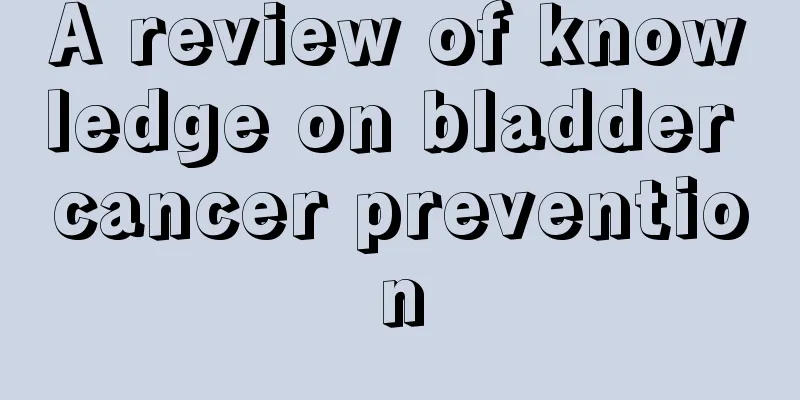Why are patients with nasopharyngeal carcinoma prone to nasopharyngeal infection

|
With the continuous development of industrialization and the worsening of air pollution, the incidence of nasopharyngeal carcinoma is also increasing. Currently, the preferred treatment method is radiotherapy, but during radiotherapy for nasopharyngeal carcinoma, some side effects often occur, such as stomatitis, otitis media, sinusitis and other nasopharyngeal infections, which make patients suffer and even terminate treatment. So, why do nasopharyngeal carcinoma patients have nasopharyngeal infections? 1. Anatomical characteristics of the nasopharynx: The nasopharynx is connected to the mouth, nose, ears, and eyes at the same time. Its anatomical structure is relatively special. Once an infection occurs, it will spread everywhere and the consequences will be serious. 2. Damage to the mucosa: When patients with nasopharyngeal carcinoma undergo radiotherapy, radiation can cause damage to the nasopharyngeal cavity and nasopharyngeal mucosa. Some radiotherapy methods may even irradiate the entire nasal cavity, causing great damage to the nasal mucosa. 3. Changes in pH value: Radiotherapy can cause damage to the mucous membranes of the mouth, nose, and ears, resulting in loss of normal secretion and cleaning functions, causing the local pH value to become acidic, which provides good conditions for fungal reproduction and can easily cause nasopharyngeal infection. 4. Weak aseptic concept: If patients do not pay attention to personal hygiene and establish a strict aseptic concept during treatment, it is easy for dust and germs in the air to be inhaled into the nasopharynx, causing infection. In the process of medical care, the aseptic awareness is weak: the sterilization of the items is not strict, the hands are not washed before and after the operation, the patients wander around the ward, and the visitors cannot be controlled, so that the oral secretions and sputum of the carriers contaminate the ward environment, and the number of suspended pathogens in the air increases. Dust and bacteria enter the nasopharynx with the air. 5. Long-term use of antibiotics: Long-term use of antibiotics can weaken the body's immunity and easily cause bacterial and viral infections. |
<<: Side effects of radiotherapy for lymphoma
>>: Characteristics of Traditional Chinese Medicine in Treating Colorectal Cancer
Recommend
What to do if the tooth is painful after anesthesia
Whether it is tooth decay or wisdom teeth, if it ...
Can drinking coix seed and milk together cure baby's dry intestines?
If parents find some abnormal conditions in their...
What causes esophageal cancer
In recent years, esophageal cancer has become one...
What are the early symptoms of lung cancer? Several clinical symptoms of early lung cancer
The incidence of lung cancer in my country is rel...
How to care for patients with laryngeal cancer after surgery
Laryngeal cancer is very harmful to patients. I b...
Which is better, fish oil or algae oil
After the baby is born, the baby's growth and...
How often should women change their underwear?
Women's underwear is clothing that women wear...
Why do my socks always tear in the front
The reason why the front of socks are always torn...
How to use cupping
I believe everyone has seen the practice of cuppi...
Complications and treatment methods caused by radiotherapy and chemotherapy in the treatment of nasopharyngeal carcinoma
The treatment of nasopharyngeal carcinoma often a...
The main difference between cancer and sarcoma is
The main difference between cancer and sarcoma is...
What is the difference between mouth ulcers and tongue cancer?
What is the difference between mouth sores and to...
What are the rehabilitation exercises for kidney cancer
As the number of kidney cancer patients increases...
What is posterior vitreous detachment and how to treat it
Posterior vitreous detachment refers to a disease...
What is the reason for stomach pain, diarrhea and blood?
Abdominal pain and diarrhea are common, but blood...









